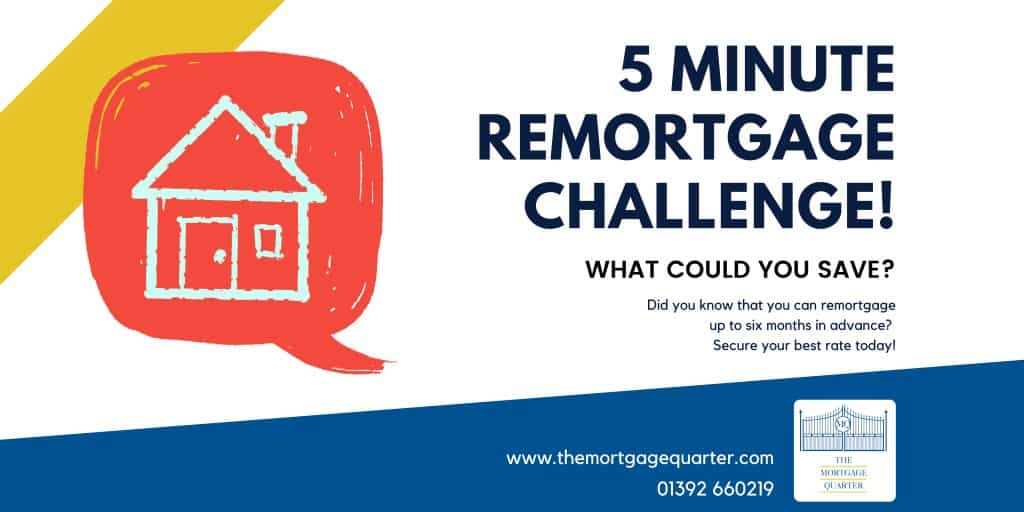This month, for a limited time only, we are offering a free, no-obligation remortgage consultation, so we thought it would be fitting to explain, how does remortgaging work? How much money could you potentially save? Is it worth it? Let us explain…
What is remortgaging?
Just as you would normally shop around for the best broadband, phone bill, car insurance, and energy deals, remortgaging is an opportunity to save yourself some money.
Essentially, remortgaging means applying for a new mortgage, with better rates when your current one comes to an end. You may stay with the same lender or move to a different one, depending on what offers are available to you.
Should I look at remortgaging?
A mortgage is likely to be your biggest financial commitment, so it makes sense to shop around and make sure that you are on the best deal you can be. There are a few reasons why you might want to remortgage and these include:
- Your current mortgage deal has come to an end
- You may wish to release equity from your property to pay for home improvements or for other important reasons.
- You’re on a high-interest rate – If you’re on a variable rate mortgage, a rise in the Bank of England base rate can increase your mortgage payments. If you remortgage you could find a more competitive fixed-rate deal.
- Increased property value – If your property value has increased, your lower loan-to-value might help you qualify for better interest rates
- Mortgage overpayments – You might find a provider that lets you overpay your mortgage by more than your current one.
Things to consider
- There may be an early repayment charge on your current mortgage that you have to pay off before you can switch to a new deal. This could potentially outweigh the benefits of switching so it’s always a good idea to check first.
- Make sure you’re mortgage ready. Just because you have a mortgage already, doesn’t mean the same checks won’t be carried out when you apply for another one. Make sure your credit score is healthy, this will still be part of the remortgage criteria. Check your credit score for free here.
- Check whether your new lender is offering a fee-free mortgage or if there is a product fee involved as this could counteract the savings you could have made by remortgaging.
- Speak to one of our expert mortgage advisers. We understand the criteria that lenders are looking for and can compare mortgage deals to help find the right one for you. We have access to over 90 lenders and can search 12,000 mortgages, saving you time and taking the hassle out of doing it yourself.
Get ready to remortgage
The remortgaging process can typically take from 4 to 8 weeks after you apply but you can secure your deal up to six months in advance, so what are you waiting for? Our expert remortgage advisors will thoroughly search the market to find the best deal for your individual needs.

